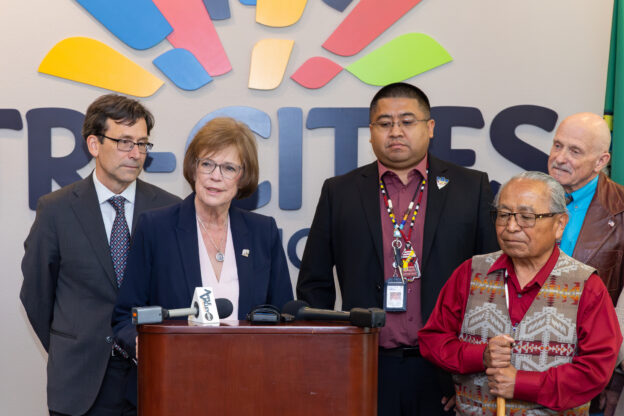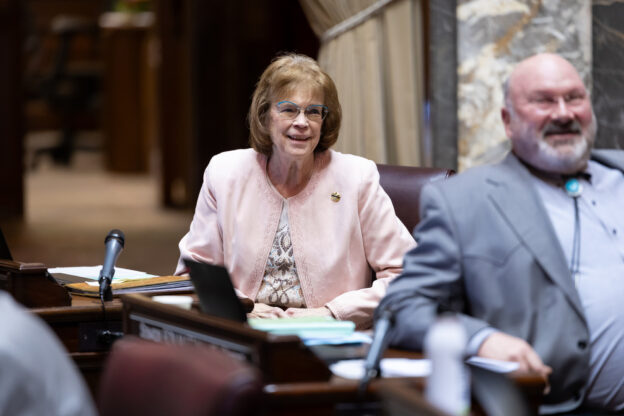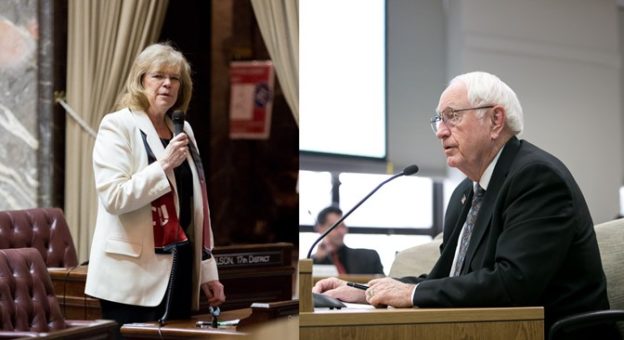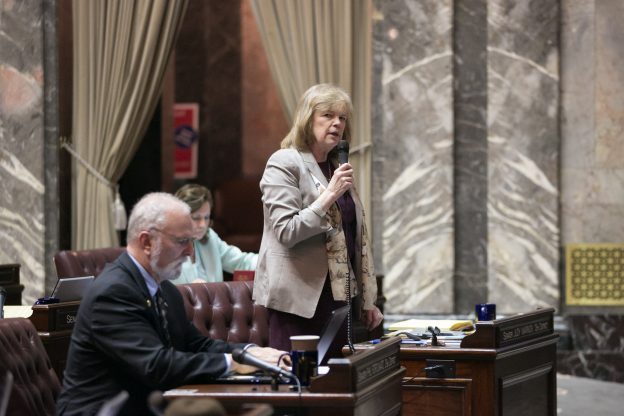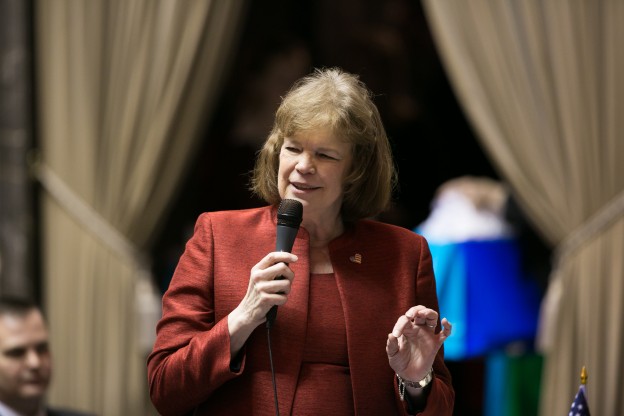Governor Bob Ferguson has signed legislation sponsored by Senator Judy Warnick, R-Moses Lake, to extend key water supply milestones for the Yakima River Basin Integrated Plan. Senate Bill 5303, which received broad bipartisan support, pushes the deadline for achieving critical water infrastructure goals to 2035, solidifying the state’s commitment to long-term, sustainable water management in the region.
“I’m grateful to Governor Ferguson for signing this bill and recognizing the importance of water certainty for our communities,” said Warnick. “This new law gives us the time we need to complete projects that will support families, farmers, and fish across the Yakima Basin for decades to come.”
The Yakima River Basin Integrated Plan is a cooperative effort involving the Yakama Nation, federal and state agencies, local governments, environmental groups, and irrigation districts. It seeks to balance water conservation, ecosystem restoration, and supply needs for both instream and out-of-stream users.
Previously, the plan required that permits and funding for water supply projects be secured by June 30, 2025. Under the new law, that deadline is extended by a decade to June 30, 2035. This additional time is essential to reaching the plan’s goal of delivering at least 214,000 acre-feet of water for diverse uses.
“Water is the lifeblood of Central Washington’s economy and way of life,” Warnick added. “This law protects that future by allowing for thoughtful, coordinated investments in our shared water resources.”
The legislation includes strong accountability provisions. Before the state can allocate funds to construct any water supply project within the plan costing more than $100 million, the Washington Water Research Center must conduct a cost-benefit review to ensure fiscal responsibility.
With an emergency clause, the law takes effect June 30, 2025, ensuring no disruption to the plan’s timeline.
“This is a win for collaboration, conservation, and common sense,” said Warnick. “I want to thank my colleagues, stakeholders, Chairman Lewis from the Yakama Nation, and now the Governor for coming together to move this forward.”











